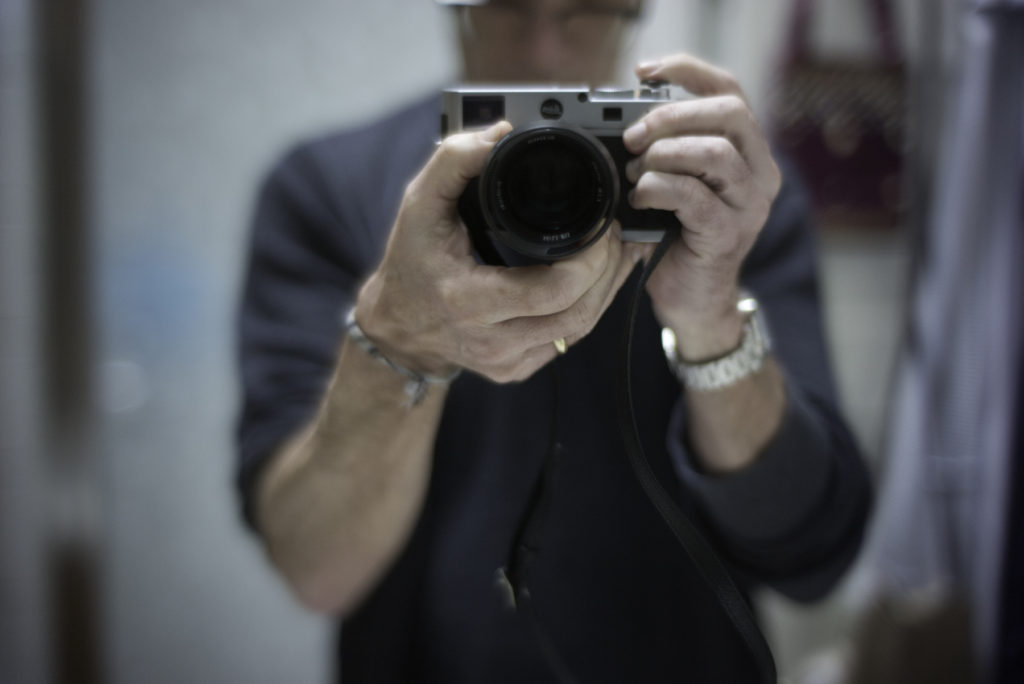
Leica M240, 7Artisans 50mm f/1.1
I’ll admit it: I’m a sucker for Nik’s Silver Efex software. While Nik is long gone, having apparently been bought out by Google, their Silver Efex software lives on. It’s my go-to choice for converting digital DNG files to B&W ‘film’ capture; in addition to adding characteristic grain of a specific B&W emulsion, it overlays the film’s exposure curve to re-create the tonalities of the film capture. Is it perfect? No. As I’ve attempted to explain elsewhere, the fact that you’re starting with the linear exposure curve of a DNG file as opposed to a native film file with the exposure curve ‘baked in’ makes perfect emulation impossible. But it’s close, and most folks are easily fooled.
Below are the various emulations of the digital file above. There’s been no tweaking the files at all except to load them into Silver Efex and choose the film emulation. You can click on them and open them in a new window for larger jpegs. If nothing else, it’s interesting to see the various looks of the different Kodak film stocks, which I think Nik did a great job of simulating. My preferences: Plus-X for a clean tonality, TMAX 3200 for a grittier look. As for Tri-X, I never much liked it, preferring instead the better tonality and decreased contrast of Ilford HP5. Of course, Silver Efex gives you the option of tweaking grain and tonality after you’ve loaded the film emulation preset, but then you’re not emulating a given film but modifying it as you might do with various developing choices, and that’s a rabbit hole I’m incapable of going down.
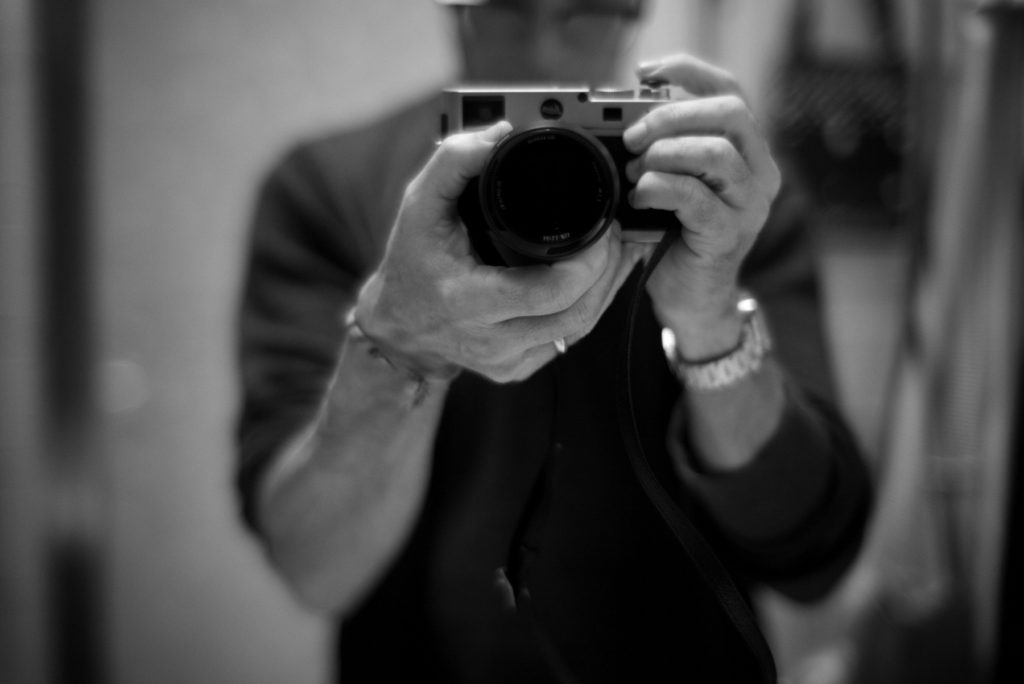
Panatomic – X, ISO 32
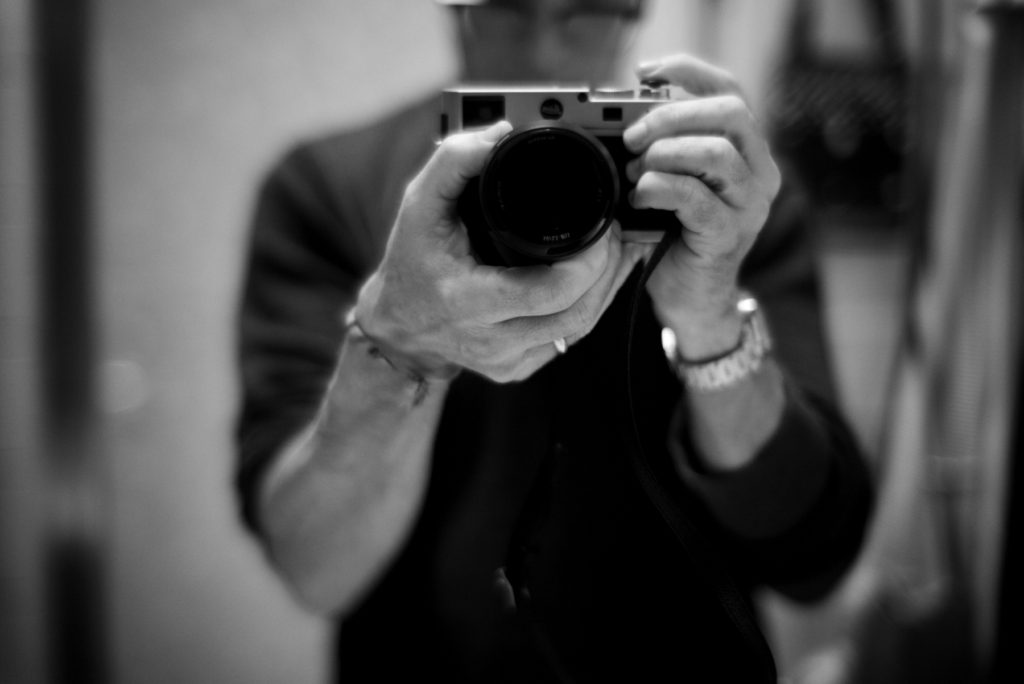
TMAX 100, ISO 100
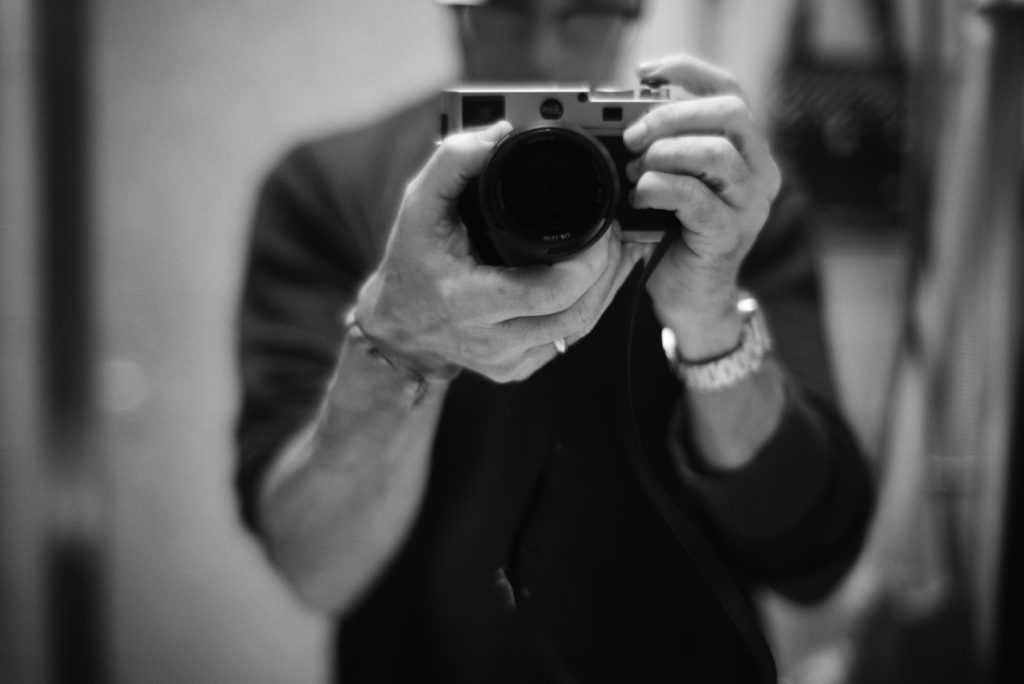
Plus-X, ISO 125
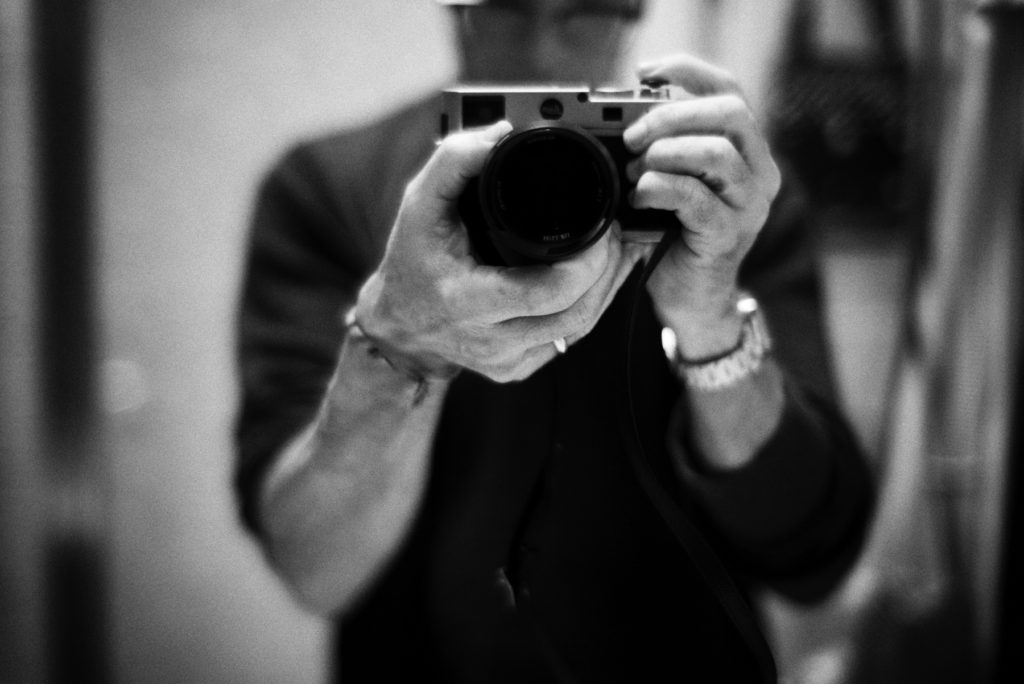
TMAX 400, ISO 400

Tri-X, ISO 400
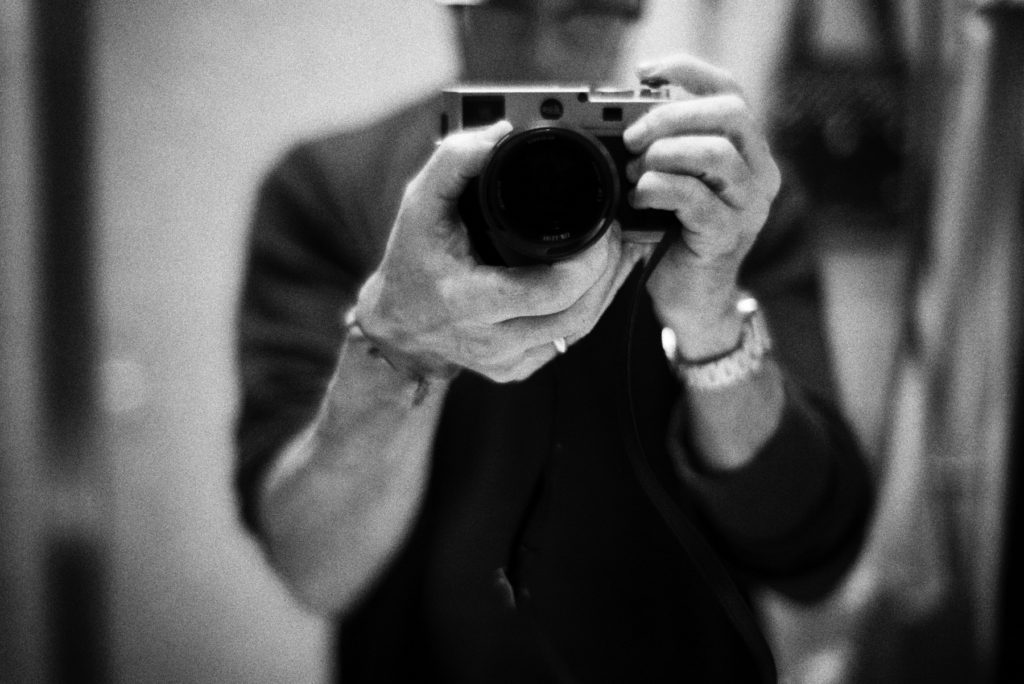
TMAX 3200, ISO 3200
